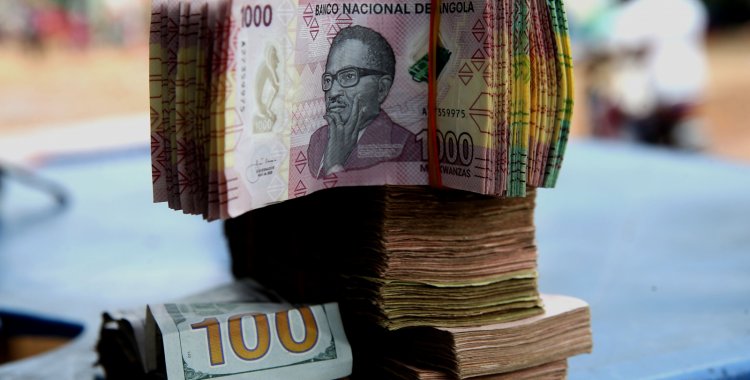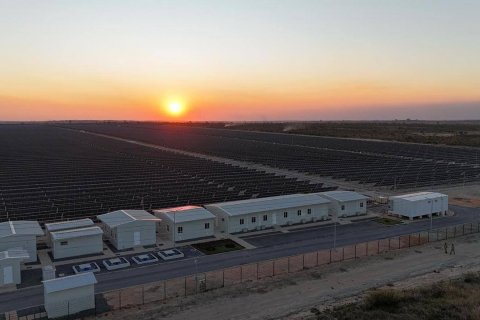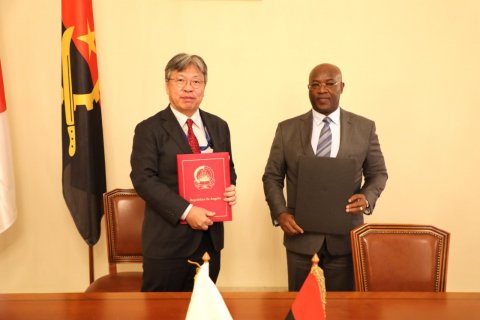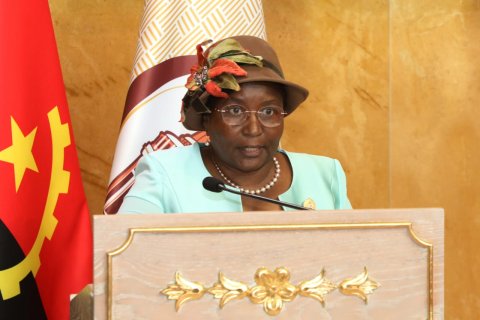Marta S., an insurance company employee, told Lusa that she has been waiting for three months for the transfer of her salaries for November, December and January, with little or no explanation from the bank.
"I keep insisting, but they always say the same thing, that they don't have currency, or don't even satisfy their customers, I'm the one who has to go after them", she laments.
To overcome the problem, he is already in the process of opening a new account at another banking institution, as do many of his colleagues, who diversify their bank accounts to be able to withdraw money.
"Those who have companies (employers) dealing with transfers have more strength than those who act individually, as is my case, they have fewer problems," she told Lusa.
Marta S. has been in Angola since October 2022, but says she only started to experience difficulties in the last few months.
Without high expenses in Portugal, Marta has not been particularly affected by delays in transfers, but admits that the situation prevents her from asking for bank financing.
"At this point I don't risk asking for a loan, because I would be afraid of not being able to pay it back", she confessed, adding that some banks in Portugal are also starting to become reticent.
"They told me that banks are holding back on granting credit to people who are in Angola because they already know what the situation is like", she commented, indicating that, in some sectors, such as education "there are people for whom they no longer it's worth being in Angola".
Maria B., who has worked in Luanda for eight years, is also struggling.
"I already know that this happens and I'm managing my allowance in Portugal in order to cover my expenses, but it's not ideal. If we work every month, we should be paid every month", said the 47-year-old Portuguese emigrant years old, who works in a commercial firm.
Maria B. believes that banks also "play" according to the importance they attribute to their customers, managing currencies in the way that best suits them.
"They tell us that they can't make the transfers because they don't have foreign currency. And we put up with it. I get paid in kwanzas and I have to transfer my salary to Portugal, but they transfer it whenever they want," she said, adding that the problem doesn't arise from the in the same way if companies transfer their workers' salaries.
"When the companies themselves handle the process, it works monthly," she stressed.
Maria said that only last week she managed to have her last four salaries transferred, which had been withheld since September: "The four transfers came out in a row."
She highlights that it is with this money that she pays her bills in Portugal and that this is precisely the objective of being in Angola, along with some savings.
Which at the moment, not everyone can do.
"I know some people in this situation. There are people who left because they are not able to manage things due to these delays, others are thinking about leaving because they think it is no longer worth it", she observed.
For Maria, this is an economic issue, but also a political one, highlighting that the situation improved in 2022 – election year – only to worsen again last year, especially from the month of August onwards, after the kwanza suffered a sharp devaluation.
A Portuguese businessman linked to the industrial equipment sector also complained about the difficulties in obtaining foreign currency and the impact on the business, estimating that global turnover had decreased by 10 percent last year.
Manuel F., whose company depends entirely on imports, said that, just to deliver goods to customers, he would need to have 2.5 million euros available per month (the amount he would currently need to transfer), but availability has not exceeded around of half a million euros since the beginning of the year.
"We have been delaying deliveries and we have already had cases of canceled orders. These are businesses that we have lost", he lamented, highlighting that financial institutions complain about the lack of currency.
The National Bank of Angola, which placed 300 million dollars on the market, quickly absorbed last week, confirmed that availability is lower than what existed until the middle of the previous year.
The governor of the BNA, Tiago Dias, said, however, that banks have been buying currency, so there is no justification for them not making foreign currency available to their customers.
Fortunately, for Manuel F., the company has been working with most of its suppliers for a long time, which has allowed "some credit" to postpone payments.
Furthermore, like many others, businesspeople and expatriate employees, the manager is "hopping" between the company's six bank accounts to obtain the much-needed foreign exchange.
The transfer still to be made with an older date, worth 70,000 euros, was requested on September 13, 2023, to an account in Portugal, he explained. "It's a beggar's life," he said.







